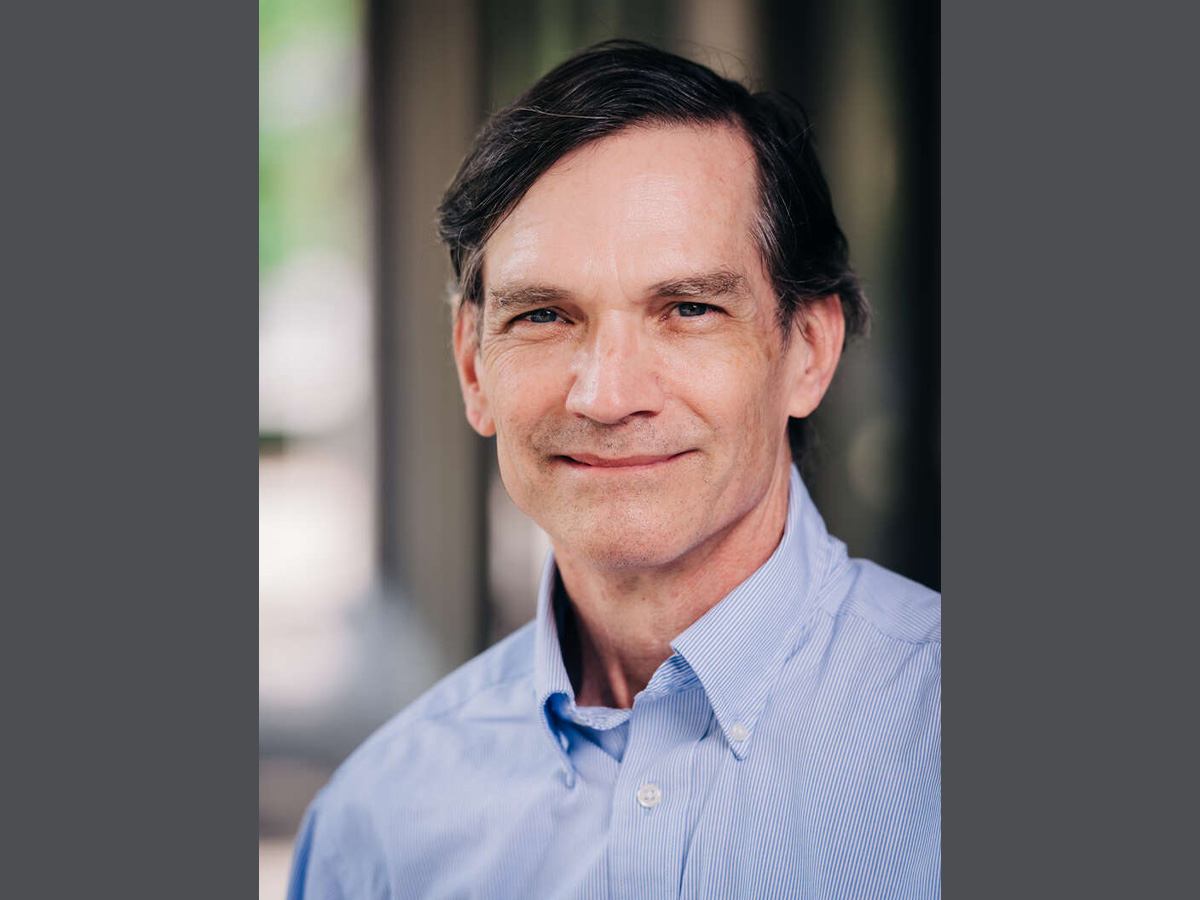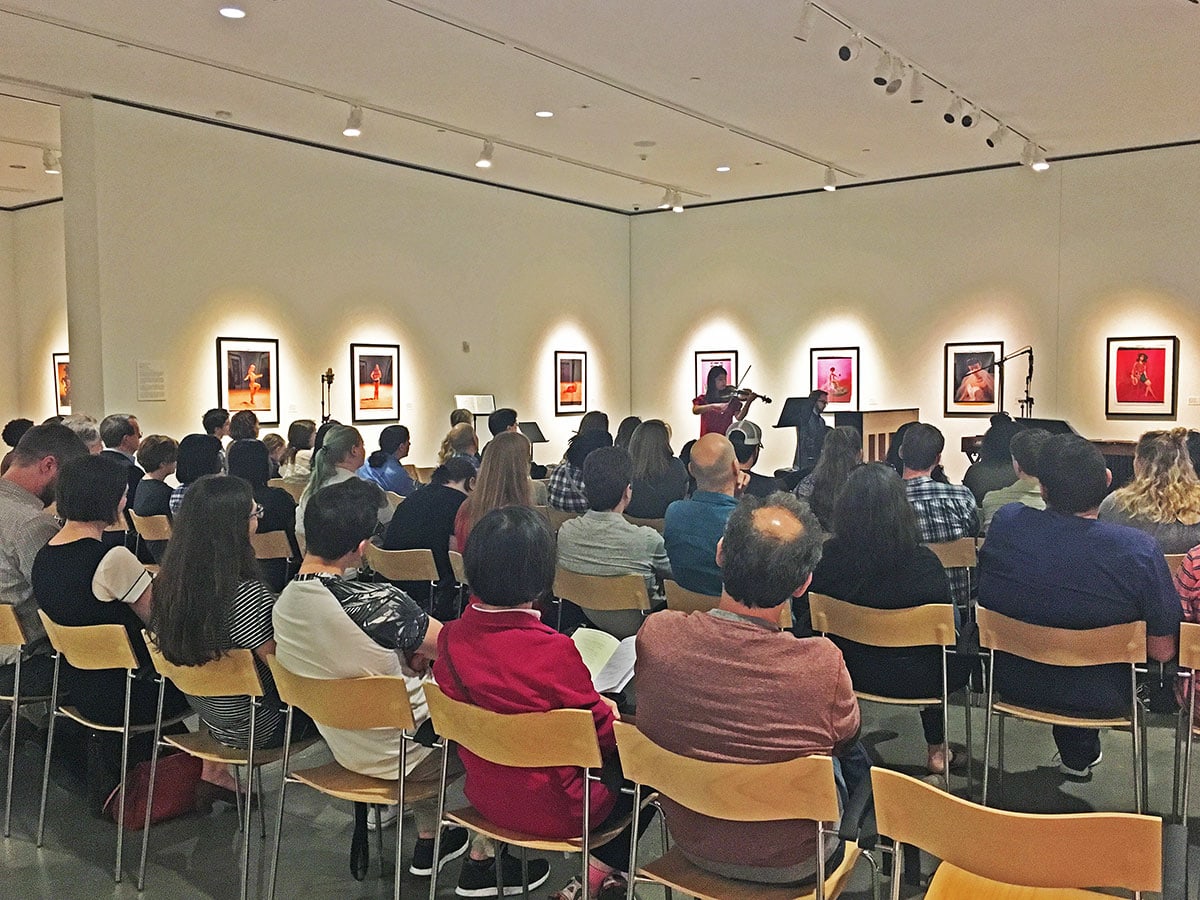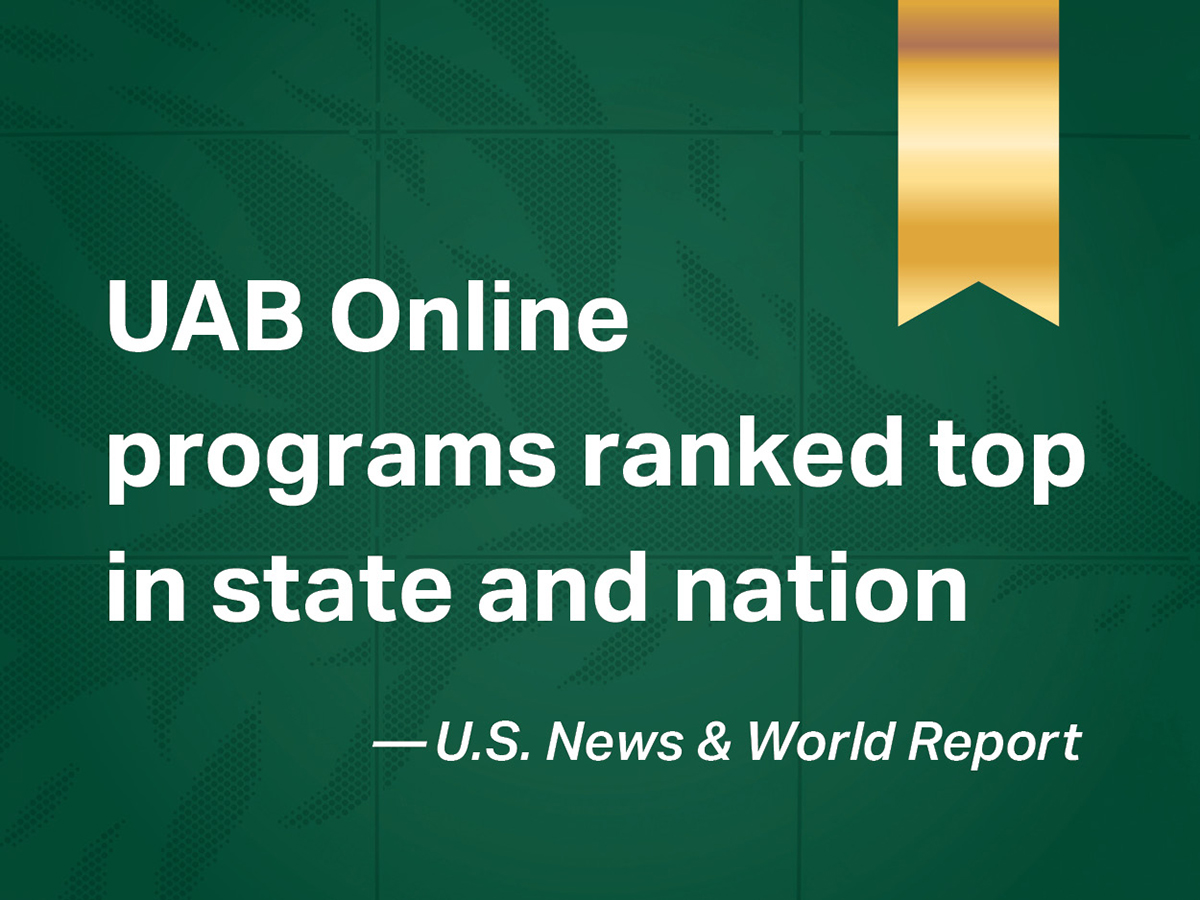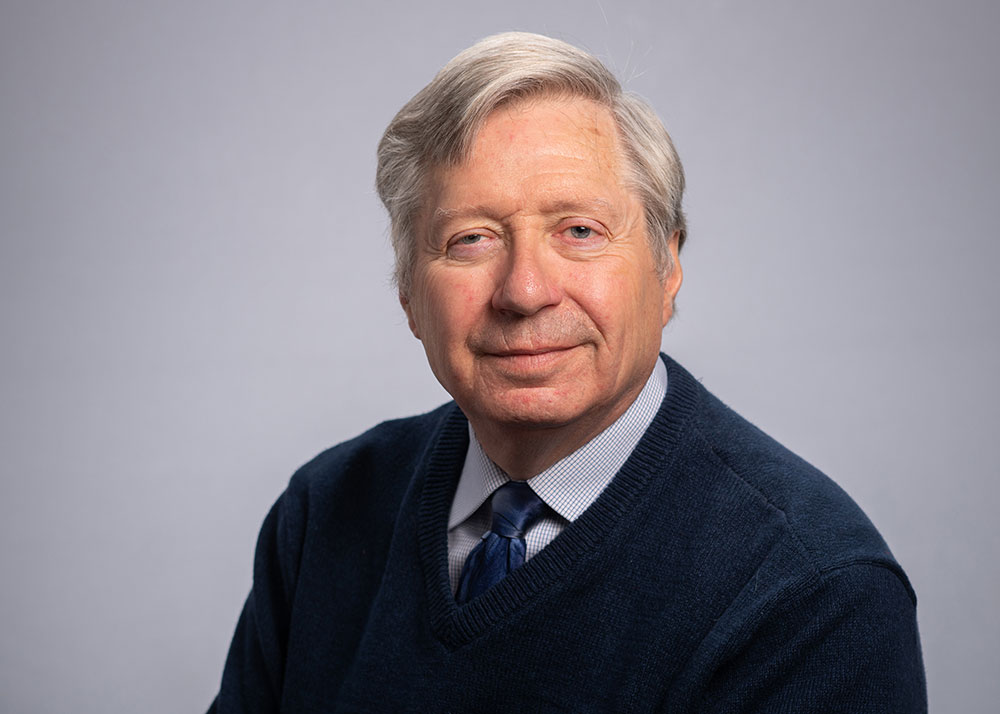 Professor Emeritus George Liber. Photo by Steve Wood.On February 24, 2022, the Russian Federation launched an unprovoked full-scale invasion of Ukraine, igniting the largest conflict in Europe since the Second World War. As the United States, the European Union, and NATO (North Atlantic Treaty Organization) impose paralyzing sanctions on Russia and seek to supply Ukraine with the necessary weapons to stop Russia—without provoking a Russian response against Ukraine’s NATO neighbors—this war is generating a series of crises in the international energy and food supply chains. These crises are sparking sharp increases in worldwide inflation and generating food insecurity for tens of millions across the world.
Professor Emeritus George Liber. Photo by Steve Wood.On February 24, 2022, the Russian Federation launched an unprovoked full-scale invasion of Ukraine, igniting the largest conflict in Europe since the Second World War. As the United States, the European Union, and NATO (North Atlantic Treaty Organization) impose paralyzing sanctions on Russia and seek to supply Ukraine with the necessary weapons to stop Russia—without provoking a Russian response against Ukraine’s NATO neighbors—this war is generating a series of crises in the international energy and food supply chains. These crises are sparking sharp increases in worldwide inflation and generating food insecurity for tens of millions across the world.
Given the global impact of the war in Ukraine, UAB immediately sought out an expert who could offer insights about the crisis to the general public. Thankfully, George Liber, Ph.D., Professor Emeritus from the Department of History, offered to share his knowledge, so people across Alabama (and the country) could better understand the invasion.
“Almost everyone outside of Ukraine expected the government under President Volodymyr Zelensky to collapse within days of the invasion, but the citizens of Ukraine rallied behind their charismatic leader and slowed the Russian advance,” said Liber. “Unarmed civilians are the primary victims of this war.”
Liber’s connection to Ukraine is deep and personal. He grew up in Gary, Indiana, in the 1960s, and his parents were Ukrainian refugees. He visited Ukraine for the first time in 1970 when he was a senior in high school, providing him an opportunity to explore the country his parents once called home. He, along with a group of fellow students, traveled Europe and the U.S.S.R., visiting numerous cities along the way including Kyiv, Lviv, Moscow, and Leningrad (now St. Petersburg). The experience had a profound impact on him.
“As my first overseas trip, this exploration showed me the differences between my life in the United States and of those who lived in other countries, especially communist countries,” said Liber.
Soon after returning from the trip, Liber graduated from high school and enrolled at Indiana University. While at IU, he majored in history and refined his scholarly interests within the discipline.
“At first, I imagined that I would become a historian of the United States. Later, I chose to study the history of Eastern Europe, concentrating on Poland,” said Liber.
He earned his bachelor’s degree, then went on to pursue an M.A. in History from Harvard University, hoping to study with Orest Subtelny, the first faculty member with a Ph.D. in Ukrainian Studies. According to Liber, Subtelny taught the history of Ukraine from a transnational and inter-imperial perspective, especially when he centered Ukraine within the Austro-Hungarian and Russian Empires. Subtelny made his specialty a part of global history and ensured his teaching was both accessible and interesting to a broader audience. This approach influenced Liber’s own teaching throughout his academic career.
After completing his M.A. at Harvard, Liber continued his academic journey and earned a Ph.D. in History from Columbia University. And, beginning in the early 1980s, he found numerous opportunities to revisit (and briefly live in) both the U.S.S.R. and independent Ukraine—continuing the journey he began as a high school senior. Along with visiting, exploring, and studying the country, Liber also served in valuable roles for several of Ukraine’s elections.
“I became a Short-Term Election Observer for the Organization for Security and Cooperation in Europe (OSCE) for the presidential elections in Ukraine in 2010 and 2019, and for the parliamentary elections there in October 2012,” said Liber.
While Liber was deepening his connection to Ukraine, he was also building a career at UAB. He arrived on campus in 1987 and, throughout his tenure, published three monographs on the history of Ukraine in the 20th century. He often taught “Western Civilization (1500-present),” as well as, “The World Since 1945.” According to Liber, these courses provided him with opportunities to engage new students in lectures and coursework that would help them expand their perspectives of the world. It also challenged him to think about his research.
“Teaching introductory courses helps those engaged in complex research projects to prepare to answer the fundamental questions all audiences want to know: ‘Why is this important? How does it affect me? My family?’” Liber explained.
When teaching his intro courses, Liber often presented a nuanced view of history. Specifically, Liber wanted his students to understand the fragility of our modern world and the stakes the global community faces.
“My mission—as I understood it—was to explain why the modern world works the way it works and how, over the course of centuries, our current rules-based world order and economic prosperity developed,” said Liber. “We think that this rules-based order is a permanent feature of our lives, but as Russia’s war against Ukraine has clearly demonstrated, this order is fracturable and in danger of collapsing.”
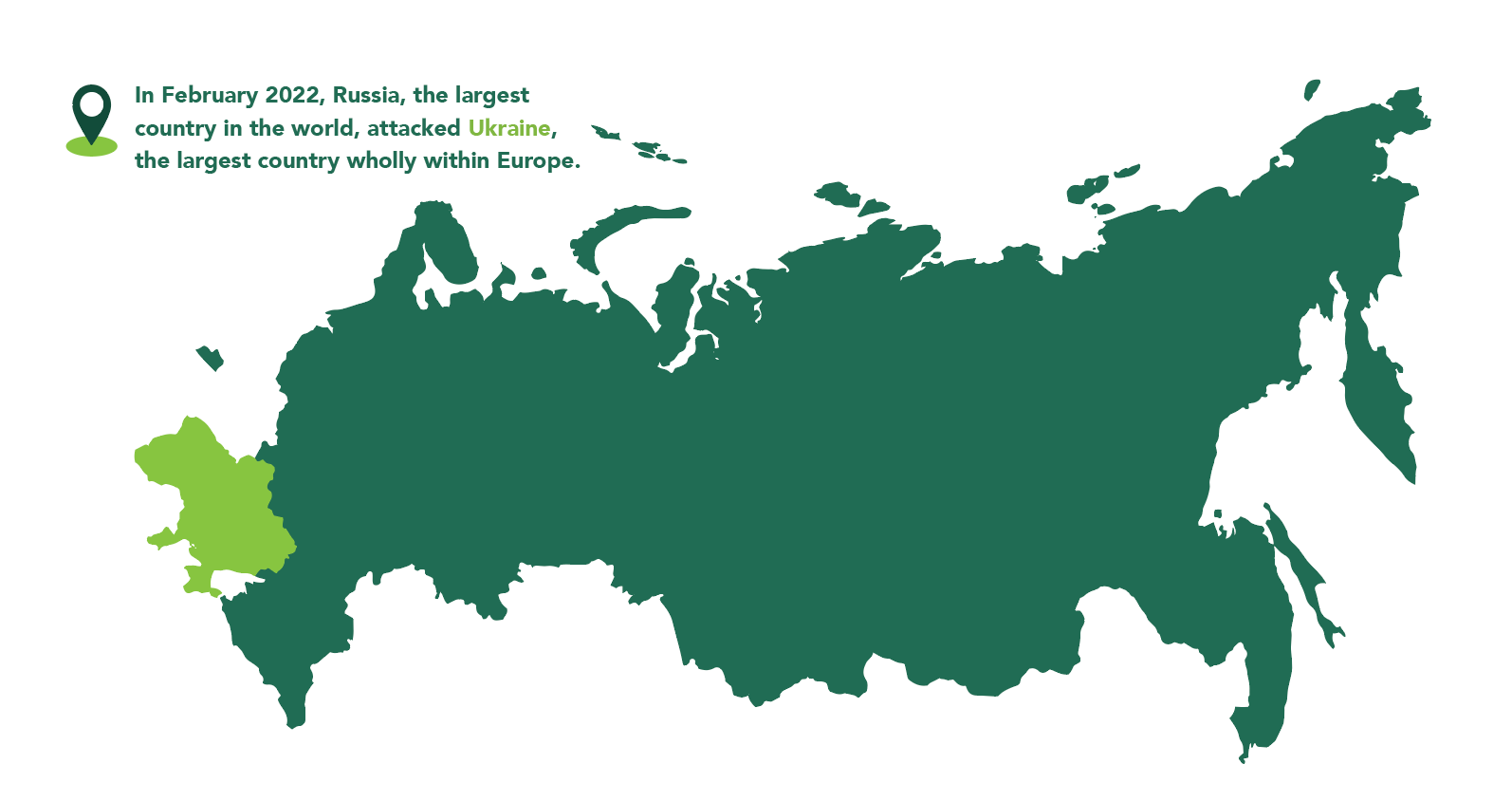 In February 2022, Russia, the largest country in the world, attacked Ukraine, the largest country wholly within Europe.
In February 2022, Russia, the largest country in the world, attacked Ukraine, the largest country wholly within Europe.
Given his expertise on Russia and Ukraine—as well as his ability to share complex historical information with non-historians—Liber was recruited by UAB’s University Relations team to serve as an expert media source on the crisis in Ukraine in February 2022. The media team soon discovered an interesting fact when they reached out to Liber: he’d just retired from UAB. His retirement did not stop him from sharing his insights, though. Quite the opposite. Soon after agreeing to serve as an expert source, Liber participated in numerous interviews with broadcast stations, including CBS 42 and WBRC FOX6 in Birmingham, and joined a series of virtual and in-person panels.
“Although I had previously appeared in the local media during various crises in my 34 years at UAB, I had never received as many requests in so short a time,” said Liber. “I accepted every one. As I spoke to the media, I felt very self-conscious, as if I were participating in a reality TV show.”
It was a valuable experience, but it was also difficult and painful for Liber to talk about the war. As he shared his knowledge with Alabamians, he often saw footage and photos of the destruction of cities, streets, and monuments he’d come to know over the past 40 years. What his parents and their generation experienced eight decades ago exploded in full force across television screens on a daily basis in the spring of 2022. Their past became a visual reality in the present.
“History is a rational study of a very confusing and very emotional past, but when we live in the present—even if we are committed to a rational assessment of the world—events produce emotional impacts,” said Liber. “Historical tsunamis generate emotional consequences not only among the millions in their path, but also among those who report and analyze these current political and historical events from afar.”
Liber sees this work as important—even if he was asked to do it during the first couple months of his retirement. Specifically, he thinks there is great value in scholars sharing their research with the public so people can better understand events that might impact their lives. He believes UAB faculty set a strong example of bringing scholarly research to the community during the COVID-19 pandemic.
“Just as UAB’s medical spokesmen and spokeswomen provided excellent television presentations (even if in 30-second sound bites!) about the spread of COVID-19 and the measures necessary to prevent vulnerable populations from infection, all scholars—especially historians and social scientists—need to learn to communicate to broader audiences the significance of what they do,” said Liber.
It is a goal that ensures the public is well-informed and, in some cases, better prepared for world-changing moments and crises.
